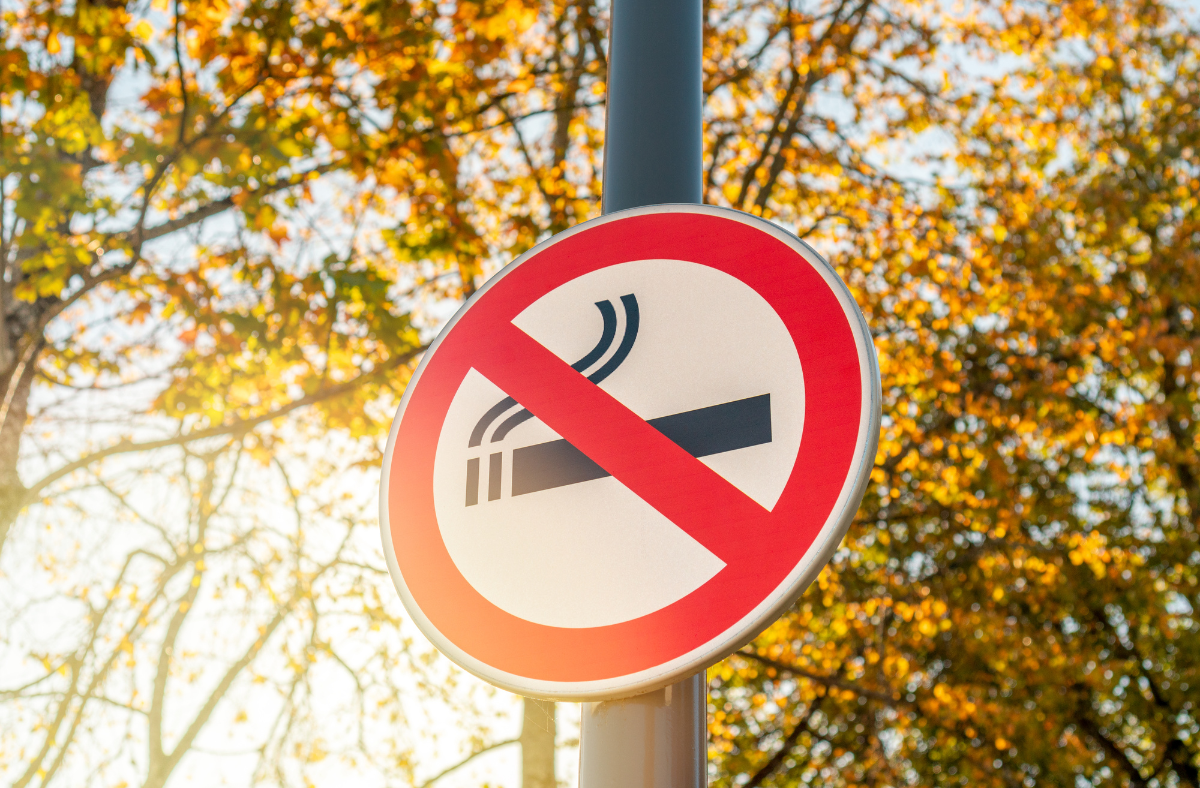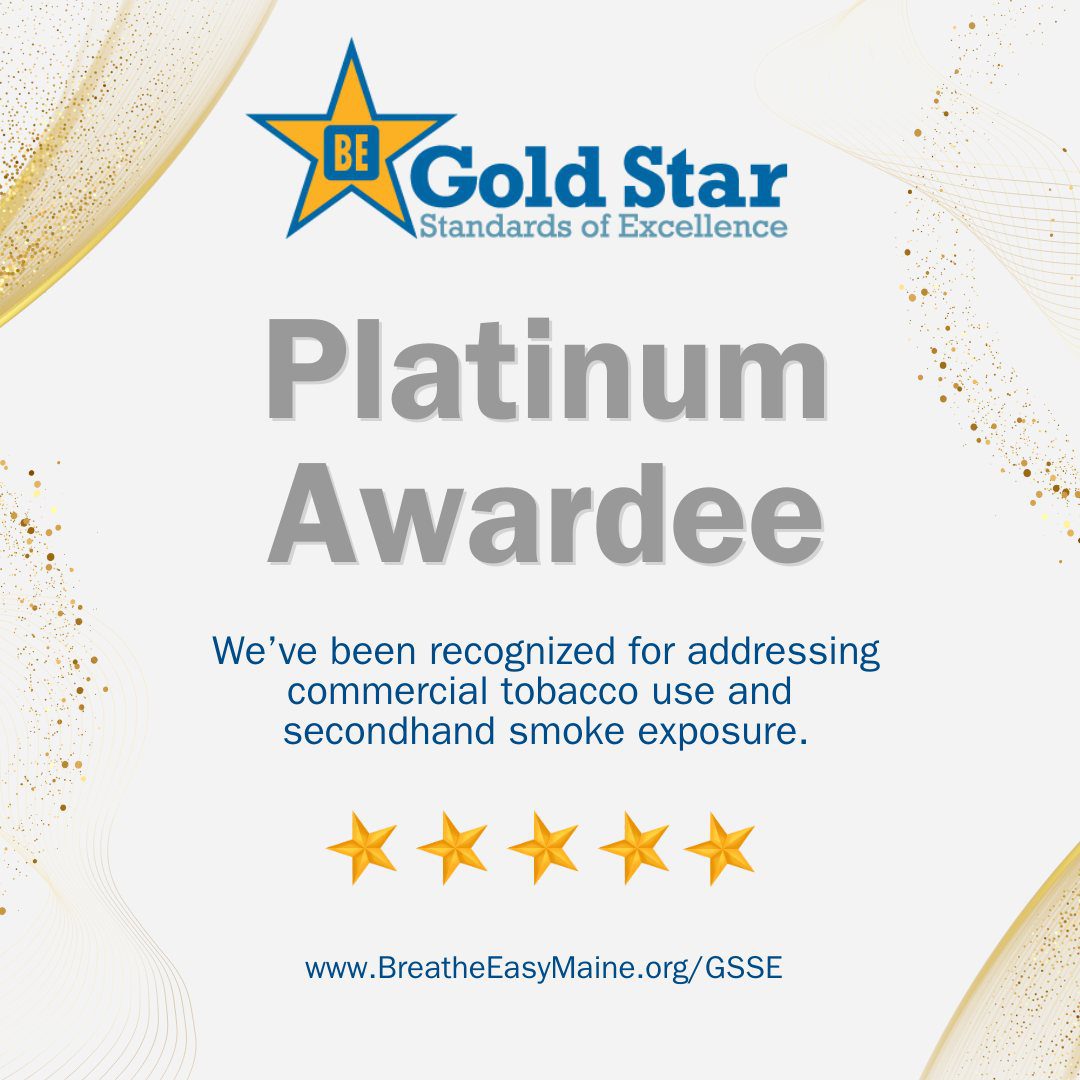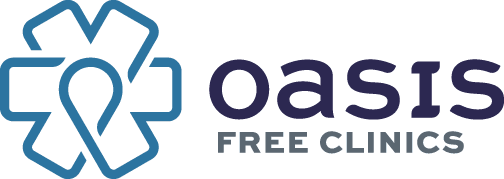
By Anita Ruff, Executive Director, Oasis Free Clinics
In the 1950s and 1960s, over half of the men in the United States smoked. This was partially related to government issued cigarettes, most notably in World War I, World War II, Korea, and Vietnam, when cigarettes were a standard part of military rations. Smoking was heavily promoted, and often, tobacco companies frequently used medical imagery to imply health benefits or safety. These ads often showed doctors in white coats with stethoscopes, smoking or endorsing cigarettes. Do you remember the famous campaign: “More doctors smoke Camels than any other cigarette” campaign from the 1940s and 1950s?
While I haven’t witnessed this, I have worked in healthcare long enough to hear about the days of smoke-filled doctors’ lounges, about dads nervously lighting up outside of labor and delivery units, and ashtrays in patient rooms.
It is hard to fathom.
Since the first Surgeon General’s report in 1964, we have understood the harmful effects of smoking: increased risk for heart disease, cancer, lung disease, neurological and reproductive effects, and secondhand smoke exposure. Despite that, people continued to smoke. The cultural norms around tobacco use were deeply rooted. Think about “smoke breaks” at work, being offered a cigarette as a conversation starter or smoking after a meal. These were powerful, hard to break social rituals that were reinforced by tobacco advertising. Additionally, people underestimated tobacco addiction, blaming the struggle to quit on a lack of willpower rather than how deeply nicotine affects the brain.
Public health advocates have been working to reduce the impact of tobacco use since the 1960s. Their efforts are paying off. In 2003, almost 24% of Maine adults were smokers. In 2022, that rate decreased to 15% or over 201,000 people.
There is more work to be done.
That’s why we at Oasis have partnered with the MaineHealth Center for Tobacco Independence, a statewide resource for education and training, prevention and treatment, and Maine’s QuitLink. Thanks to our collaboration, our providers have been trained to integrate the latest tobacco treatment methods into our medical and dental care. We have access to a robust repository of provider resources, including assessment tools, treatment guides, and other helpful materials. Our team meets regularly with their staff to stay up to date so we can offer tobacco treatment to our patients when they are ready to stop smoking – whether they are seeing our dental hygienist, our nurse practitioner or our mental health counselor.

Additionally, we have participated in the Breathe Easy Gold Star Standards of Excellence Program for the past five years. These 10 standards range from having a written tobacco-free campus policy to screening patients for tobacco use, and healthcare organizations assess whether they meet the standards. This program recognizes Maine health organizations that are implementing strategies that support tobacco treatment and prevention. According to the Program website, “Hospitals, healthcare organizations, and behavioral health organizations are committed to providing as healthy and safe of an environment as possible for their patients, clients, staff, providers, and visitors. This program gives these organizations recognition for leading the way by supporting tobacco-free environments and lifestyles.”
I am proud to say that, for the past three years, we have achieved a Platinum rating, meeting all 10 standards.
One of the hallmarks of care at Oasis is meeting the patient where they are. If someone uses tobacco and is not interested in stopping, our providers don’t pressure them. They let patients know that they have resources when and if they want them. Sometimes, they do; we have had several patients in the past few months ask for help. Sometimes, they don’t, and that is OK. We are here and ready for them if they change their mind.
Oasis Free Clinics is a non-profit, no-cost primary care medical practice and dental clinic, providing exceptional, patient-centered care to uninsured members of our community. For more information, please call 721-9277 or visit www.OasisFreeClinics.org.

Recent Comments